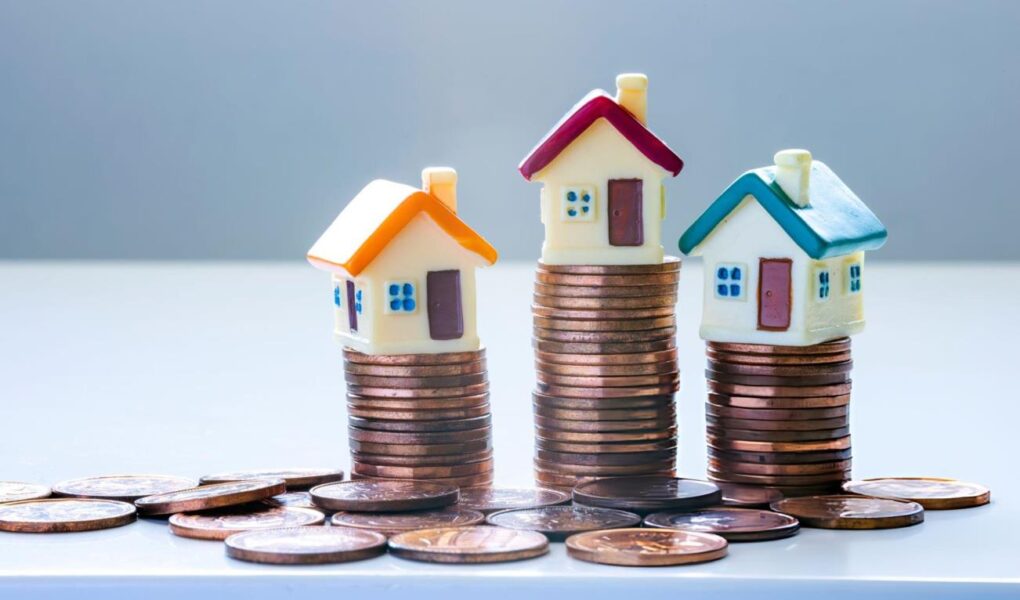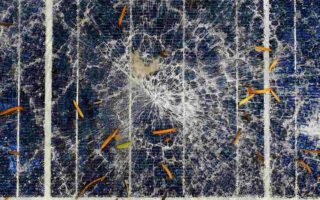Owning property is a significant investment, promising long-term financial security and potential for substantial returns. However, realizing that potential hinges on one crucial factor: meticulous maintenance. Neglecting upkeep can lead to depreciating property values, disgruntled tenants, and ultimately, a diminished return on investment (ROI).
In this comprehensive guide, we’ll delve into the intricacies of property maintenance, exploring the ROI of strategic upgrades, the importance of consistent upkeep, and the invaluable role of professional property management.
The Foundation of Value: Consistent Upkeep
The most fundamental aspect of property maintenance is consistent upkeep. This goes beyond addressing immediate issues; it’s about preventative measures that preserve the property’s integrity and aesthetic appeal. Regular inspections, prompt repairs, and proactive maintenance are the cornerstones of this approach.
- Preventative Maintenance: Addressing minor issues before they escalate into costly repairs. This includes regular inspections of plumbing, electrical systems, and structural components.
- Seasonal Maintenance: Preparing the property for seasonal changes, such as winterizing pipes, cleaning gutters in the fall, and ensuring proper ventilation in the summer.
- Cosmetic Upkeep: Maintaining the property’s curb appeal through landscaping, painting, and general tidiness.
Routine Inspections: A Checklist for Property Health
Regular inspections are paramount for maintaining your investment. Whether you’re a homeowner or a property manager, these routine checks can prevent major issues. Here’s what to inspect:
Roof and Gutters:
- Check for damaged shingles, leaks, and debris buildup in gutters.
- Ensure downspouts are properly diverting water away from the foundation.
Plumbing:
- Inspect for leaks under sinks, around toilets, and in basements or crawl spaces.
- Test faucets and showerheads for proper function and leaks.
- Check water heater for leaks or corrosion.
Electrical System:
- Test all outlets and switches.
- Inspect for frayed wires or overloaded circuits.
- Ensure smoke detectors and carbon monoxide detectors are functioning correctly.
HVAC System:
- Check and replace air filters regularly.
- Inspect for leaks or unusual noises.
- Ensure proper airflow from vents.
Exterior:
- Inspect siding and paint for damage or deterioration.
- Check windows and doors for proper sealing and weather stripping.
- Examine the foundation for cracks or signs of settling.
Interior:
- Check for signs of mold or water damage.
- Inspect flooring and walls for damage.
- Test appliances for proper function.
Landscaping:
- Check for signs of pests or disease.
- Ensure proper drainage.
- Check for any tree limbs that may be a hazard to the roof or power lines.
Neglecting these basic tasks can lead to a cascade of problems. A leaky roof, for instance, can lead to water damage, mold growth, and structural issues, drastically reducing the property’s value. Similarly, outdated fixtures and worn-out appliances can deter potential tenants and lower rental income.
Strategic Upgrades: Boosting ROI
While consistent upkeep is essential, strategic upgrades can significantly enhance your property’s value and ROI. Identifying upgrades that offer the best return requires careful consideration of tenant preferences, market trends, and cost-effectiveness.
Kitchen and Bathroom Renovations
These are consistently among the most impactful upgrades. Modernizing kitchens and bathrooms with updated appliances, countertops, and fixtures can attract higher-paying tenants and increase rental rates.
Energy-Efficient Upgrades
Installing energy-efficient windows, insulation, and appliances can reduce utility costs for tenants, making your property more attractive. Furthermore, these upgrades contribute to environmental sustainability, a growing concern among renters.
Landscaping and Outdoor Improvements
Enhancing curb appeal through professional landscaping, outdoor lighting, and patio or deck additions can create a welcoming and desirable living space.
HVAC Efficiency: A Critical Component
A well-maintained and efficient HVAC system is crucial for tenant comfort and property value. Ensuring your HVAC system is not only up to code but also optimized for efficiency is paramount. This involves regular inspections, filter replacements, and timely repairs. For instance, in Utah’s varying climates, having a reliable HVAC system is non-negotiable.
In fact, having a well-functioning AC and furnace is a habitability concern that’s outlined in most leases. Turn to a reputable vendor like Utah Quality Heating & Cooling, which can provide expert maintenance, repairs, and installations. A properly functioning HVAC system can significantly reduce energy costs and prevent costly breakdowns, ensuring tenant satisfaction and protecting your investment.
Outsourcing for Efficiency: Lawn Care and Beyond
While some maintenance tasks can be handled independently, outsourcing certain services can save time and ensure professional results. Lawn care, for instance, can be a time-consuming and labor-intensive task.
While Lawngevity in Utah does not mow lawns, their specialized services in weed and feed, as well as pest control, are critical to ensuring your property stays healthy and attractive. These services can significantly enhance your property’s curb appeal and prevent costly pest infestations.
The Power of Professional Property Management
For many property owners, managing maintenance tasks can be overwhelming, especially when dealing with multiple properties or living remotely. This is where professional property management services, such as those offered by Rhino Property Management, can be invaluable.
Benefits of Professional Property Management
Property managers can handle all aspects of property maintenance, from scheduling routine inspections and repairs to coordinating with vendors and addressing tenant maintenance requests. Their expertise and network of trusted contractors can ensure that your property is well-maintained, minimizing downtime and maximizing ROI.
- Proactive Maintenance: Regular inspections and preventative maintenance reduce the risk of costly repairs.
- Vendor Management: Access to a network of vetted and reliable contractors ensures quality workmanship and competitive pricing.
- Tenant Communication: Prompt and efficient handling of tenant maintenance requests enhances tenant satisfaction and retention.
- Time Savings: Outsourcing maintenance tasks frees up your time, allowing you to focus on other investment opportunities.
- Cost Efficiency: Professional property managers can leverage their expertise and relationships to negotiate favorable rates with vendors.
In conclusion, property maintenance is not just an expense; it’s an investment in the long-term value and profitability of your real estate. By prioritizing consistent upkeep, making strategic upgrades, and partnering with reputable professionals you can protect your investment and maximize your returns.




